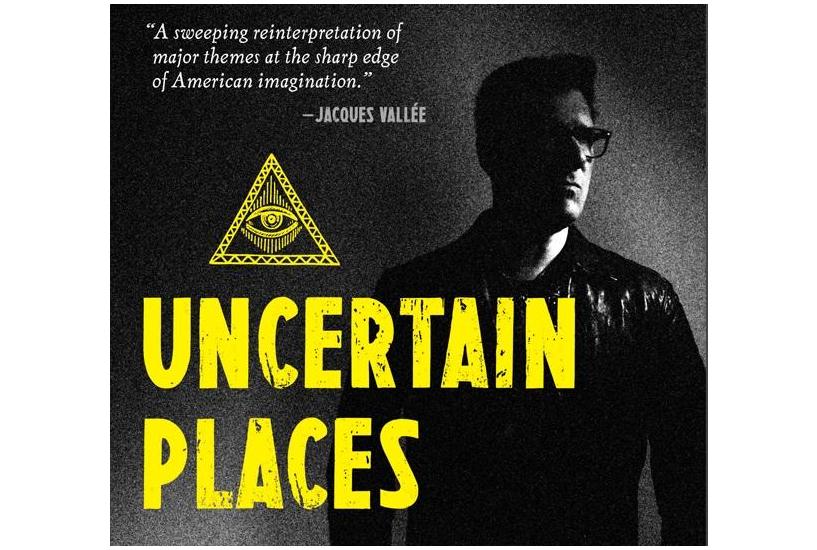Power, Uncertainty, and the Occult
by Mitch Horowitz, author of Uncertain Places, The Miracle Club, and many others
To write on metaphysical themes is to live in a state of constant uncertainty. Or at least it ought to be that way. The simple fact is: we do not know the foundations of reality and when or whether anomalous experiences are “real” or subjective; whether repetition equals validity (the gold-standard of social science, which conceals its own shortcomings behind methodology “corrections,” which render its clinical literature largely irrelevant in generational cycles); and, finally, how to weigh individual testimony. We possess statistical evidence as good as any for the anomalous transfer of information, or ESP, in laboratory settings—but that fact raises more questions than it answers and is rejected by a modernist intelligentsia that regards countervailing evidence to materialism as the catechist does heresy.
Indeed, metaphysics and modernist thought have never fully gotten along. The authors I most admired in my late teens and early twenties, and whose tutelage I sought and occasionally found, were political thinkers Irving Howe (1920–1993) and Michael Harrington (1928–1989). Both were democratic socialists and literary critics who wrote with rigor, scrupulousness, and critical sympathy about radical politics. If they thought at all about esoteric spirituality, to which I later dedicated myself, they probably would have considered it trifling, more or less agreeing with Frankfurt School philosopher Theodor W. Adorno that “Occultism is the metaphysic of dunces.”
Regardless, by my early thirties my passions for intellectual experiment shifted away from politics and toward the occult. I would like to believe that I took my literary heroes’ critical style, if not their approbation, with me. The factors that drove my shift were both personal and philosophical. My outlook had always included the spiritual, by which I mean the extra-physical. Yet I came to feel that much of modern intellectual culture excluded or neglected spirituality as a legitimate field of inquiry—I considered that a blind spot.
The defining principle of modernist philosophy is that life, in all its expressions, results from unseen but detectable antecedents. In politics this might mean economic clashes and inevitable cycles of revolution (Marx); in biology, evolution and natural selection (Darwin); in psychology, childhood trauma and sexual repression (Freud); in physics, time-space relativity (Einstein); in human performance, self-image (James); in health and illness, germs and microbes (Pasteur); and so forth across myriad fields. I believe that the modernist approach must also encompass the spiritual—or, in my sounding, the occult. Occult comes from the Latin occultus, meaning hidden or secret; it is how Renaissance thinkers referred to mystical philosophies and religions of the pre-Christian world, including those of Egypt, Persia, Greece, and Rome, which were rediscovered in the West beginning in the mid-to-late fifteenth century.
In current terms, the occult is a freeform spiritual philosophy that draws upon or remakes ancient traditions but exists outside of any single doctrine, liturgy, or congregation. (You can substitute other terms for what I am describing; I use occult for its historical integrity.) Occultism’s philosophical gambit is that there exist unseen dimensions whose forces can be felt on and through us. Whatever you make of that prospect, the existence of nonlocal intelligence and metaphysical influence are not innately opposed to modernist thought. Such concepts clash only with the modernist sub-philosophy of materialism, or the belief that matter creates itself.
Yet materialism, which has dominated our intellectual culture since the Victorian age (and accounts for statements such as Adorno’s), covers fewer and fewer bases of life in the twenty-first century. The natural sciences are increasingly defined by quantum data, interdimensional formulas, and fields like neuroplasticity, which uses brain scans to demonstrate the capacity of thought to alter neural matter. The findings of neuroplasticity, uncontroversial by themselves but seismic in implication, are summarized by one of the field’s pioneers, UCLA research psychiatrist Jeffrey M. Schwartz, who wrote in 2002 in The Mind and the Brain: “I propose that the time has come for science to confront the serious implications of the fact that directed, willed mental activity can clearly and systematically alter brain function; that the exertion of willful effort generates a physical force . . . . ” More than a generation earlier, magician and artist Aleister Crowley described magick (he used the early modern spelling to distinguish it from stagecraft) as “the Science and Art of causing Change to occur in conformity with Will.” Those two statements differ only in degree.
UFOs are not directly related to the occult. But it is worth noting that recent to this writing UFOs have gone mainstream to the extent that no serious person questions the existence of some kind of engineered phenomena captured on Navy cockpit videos—not natural occurrences, delusions, or “mistakes.” Moreover, evidence is mounting for primeval or microbial life, either past or present, on Mars and Venus. In late 2020, water was detected on the sunlit surface of the moon. Our ordinary reference points of life are in greater flux today than any time since Darwinism upended what it meant to be human in the Victorian era.
▲
We like to ennoble ourselves with the notion that every bend in our path is precipitated by some internal epiphany; but we get led by outer terrain as much as or more than private determination. Preceding my shift in focus, I got fired from a conservative political press. They wanted a progressive editor to expand their list and it was supposed to be my “dream job.” (Advice: if you are seeking a career in conservative publishing do not advocate for a book opposing the death penalty by Jesse Jackson.) I started over as an editor at what was then a backwater New Age publisher. The turn of events seemed random if fleetingly painful. But was there some portent in it?
Rather than view my new job as a springboard to a more respectable position, as many friends encouraged, I instead embraced the self-developmental philosophies I encountered. I grew intrigued with the prospect, alluded to earlier, that the mind possesses causative qualities, a claim often associated with “positive thinking” and variants of practical or therapeutic spirituality. Through the study of related ideas, both ancient and modern, spiritual and psychological, as well as my personal experiments, I came to regard many concepts of practical metaphysics as tantalizing, defensible, and powerful. I came to believe, and still do, that the popular literature of mind power, or New Thought, conceals rejected stones. As a field, New Thought has done a better job of popularizing than refining itself. The philosophy has not grown much since the death in 1910 of philosopher William James, who took deep interest in “the religion of healthy-mindedness.” There is, for example, no compelling theology of suffering within New Thought, which is unacceptable in a generation confronting pandemics, end-of-life issues, and management of chronic disease. I felt this intellectual climate could be improved.
In the Talmudic book Pirkei Avos, or Ethics of the Fathers, a student asks a teacher: “What is the best way to live?” The teacher responds: “Find a place where there are no men, go there, and there strive to be a man.” That became my guiding principle within the corner of the spiritual culture I occupied. When I experienced feelings of exile, I took succor from John Milton’s Dread Emperor: “Here we may reign secure, and in my choice.” I would develop and not flee from the uncertain place where I found myself.
My interests and personal dedication expanded to the work of philosopher G.I. Gurdjieff; my publishing list grew to include an unusual range of authors, living and dead, from filmmaker David Lynch to esoteric scholar Manly P. Hall to philosopher Jacob Needleman to the intellectual eminence of esoterica (and a personal source of inspiration) Richard Smoley. I strove, above all, to foster a climate where outsider spiritual thinkers could write seriously and be taken seriously. (Did I succeed? Author Whitley Strieber told me: “You’re the only editor I’ve ever had who I didn’t suspect hung up the phone and started laughing about the UFO nut.” So there.)
All of this activity served a greater and, for me, culminating purpose. That was rediscovering myself as a writer. Writing careers are made by the right marriage of author to subject. For me, that moment arrived when I realized the need to document and defend the lives and careers of the founding lights of modern occultism. If you do not write your own history, it gets written for you, often by people who misunderstand or are unconcerned with the values and driving factors behind your work. This is among the reasons why I disclose myself as a “believing historian”—a designation that actually describes many historians of religion, who often emerge from the congregations they write about. Most historians fear that declarations of belief invite perceptions of bias or limited critical perspective; for good thinkers, however, familiarity with, and even participation in, a thought system can produce deeper and subtler shades of critique. This approach resulted in my first book, Occult America, in 2009, and much else that followed. The essays collected in Uncertain Places are part of that effort.
▲
I am proud of these pieces, one of which, “The War on Witches,” appears here for the first time. I include bibliographical information and a backstory for each piece in a short introduction (or reintroduction) preceding it. My wish to share this body of work stems from several factors: 1) These pieces tell the truth. There are no stretches, feints, or convenient rearranging of facts for dramatic purposes. 2) These writings frame occult and mystical figures, ideas, and applications in a way that I think captures their workability, greatness, and weaknesses. And, finally, 3) these essays reflect the fuller reckoning, intellectually and intimately, that I determined to bring to my encounter with the metaphysical when it began more than twenty years ago.
Whatever satisfaction I feel with this book is tempered by an attendant somberness: it is difficult to present a selection of one’s work without experiencing the turning of a personal page. What that turning represents, I am not yet sure. But I felt a transition begin to stir within me in the closing days of the first summer of Covid. At that time, I masked up and entered a used bookstore in the Catskills town of Kingston, New York. For the first time, I did not know what section to look in. I wandered, of course, to the occult aisle, filled with golden oldies and names that I love, from Neville Goddard to Carlos Castaneda. Yet I felt oddly unmoved. Where, I wondered, if you will allow me some excess, is the hammer of the gods? This question arose from a conviction that I reached in recent years and to which I allude at various points in this book: the spiritual search is the search for power. It is the reach for expansion. It is not about losing oneself in the numinous whole but finding oneself as a creator. This is true however much we prevaricate over or reject the term “power” for its seeming brutality.
Let me be clear: I invoke power to indicate humanity’s wish to construct, strive, make, and grow. Even as we face inevitable physical decline, we cultivate agencies, some personal and some related to greater laws and forces, that allow us to enact our will. I believe in pursuing my search with reciprocity, the principle at the back of most ethics. Power without reciprocity is force. It is unrenewable. I recognize human wholeness and lawful consequence. I once considered it necessary for seekers to select a classical religious or ethical system to function as a guardrail in their search. I no longer feel that way. Next to reciprocity, my other key principle is nonviolence, which I mean not exactly in the physical sense but rather doing nothing to denigrate or dehumanize another person or community, or to deprive another of the search for self-potential that I claim for myself. Finally, I am the sole object of my experiments. No one else’s life or safety is under my purview other than if I am called to its defense.
▲
In the preceding passage, I framed the ethics of the spiritual search as it exists for me. Let me expand on the purpose of the search—on what power is for. As alluded, I see generativity as the essential human need. That is at the heart of all our endeavors. We are driven to produce and establish. If one takes seriously the Scriptural principle that the Creator fashioned the individual in Its own image, then it stands to reason that our imperative to create follows from that act. As the Hermetic dictum puts it: “As above, so below” The urge toward generativity is innate but differs in kind for every individual. The exercise or frustration of that impulse determines, more than any single factor, the happiness or despair that mark our lives. I believe that a great deal of what is diagnosed as neurosis is the frustration of personal power. Turn back the pages of your life and see if you disagree.
But wait!, critics say—you are confusing the temporal with the eternal, power with grace, dominion with truth. I believe strongly that each person must verify for him or herself ideas about the nature of interior life and its relation to one’s surroundings. Our most readily repeated spiritual principles are often “copies of past decisions,” to use the phrase and emphasis of philosopher Paul Feyerabend. Be very scrutinizing before accepting what someone else identifies as the means by which your sense of selfhood will be satisfied.
If I am right that our existence consists of both physical and extra-physical qualities, it follows that spirituality is a valid path by which to pursue the type of power I am describing. Then again, I may be wrong about the reality of the spiritual or extra-physical. If so, however, the consequences may not be so bad. Psychological dimensions of belief are incredibly powerful. Believing in the possibility of an outcome, as William James noted, may be the vital ingredient for that outcome to occur at all. Both doubt and belief represent a leap; we all live by something not wholly verifiable.
I am not hedging, however. I do believe in the reality and validity of the ideas explored in Uncertain Places. Whether these ideas will fulfill your needs or mine is an open question, requiring participation and effort. In that vein, I hope that Uncertain Places expands your sense of possibility, as well as elucidates the roots from which our modern spiritual concepts arise—and to which they may yet extend.
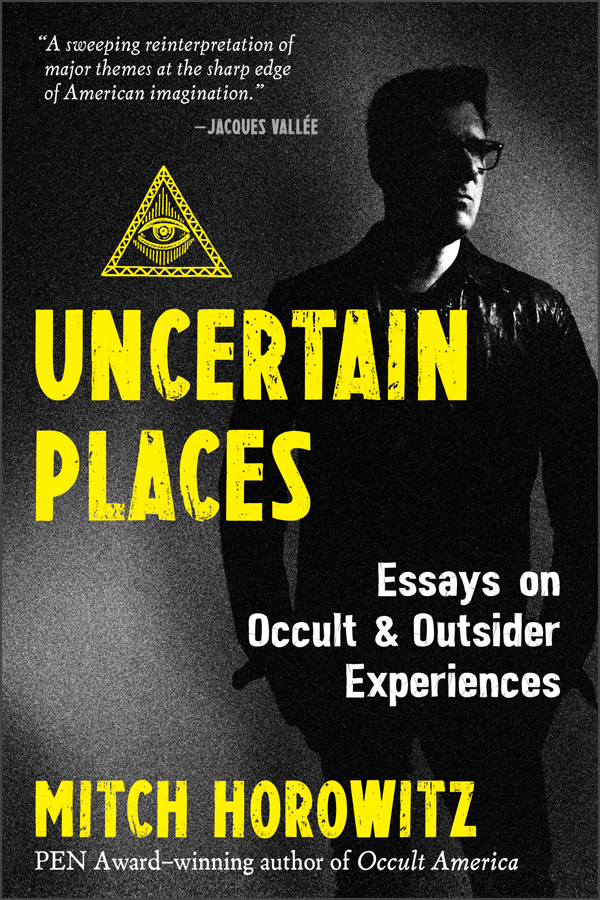 |
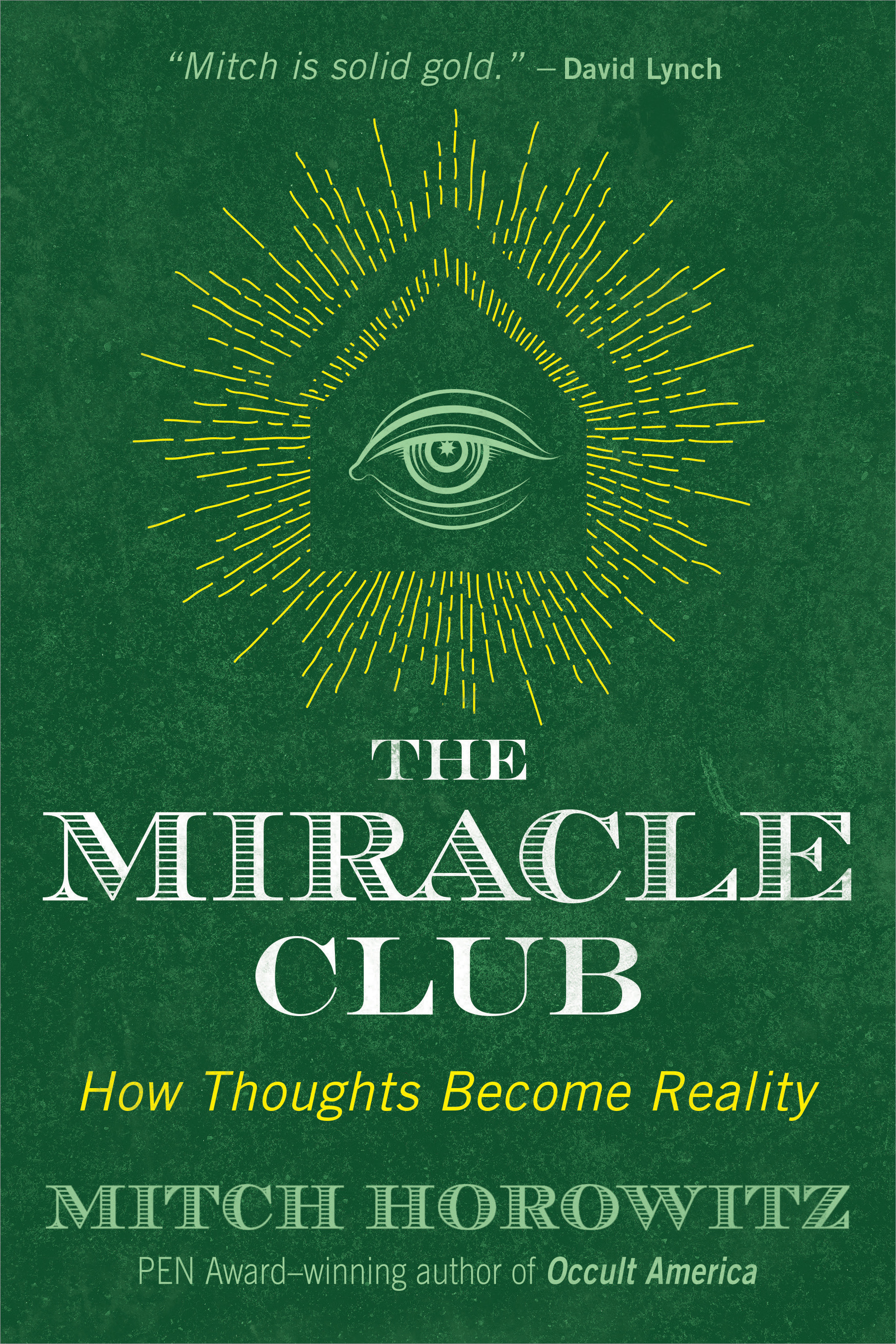 |
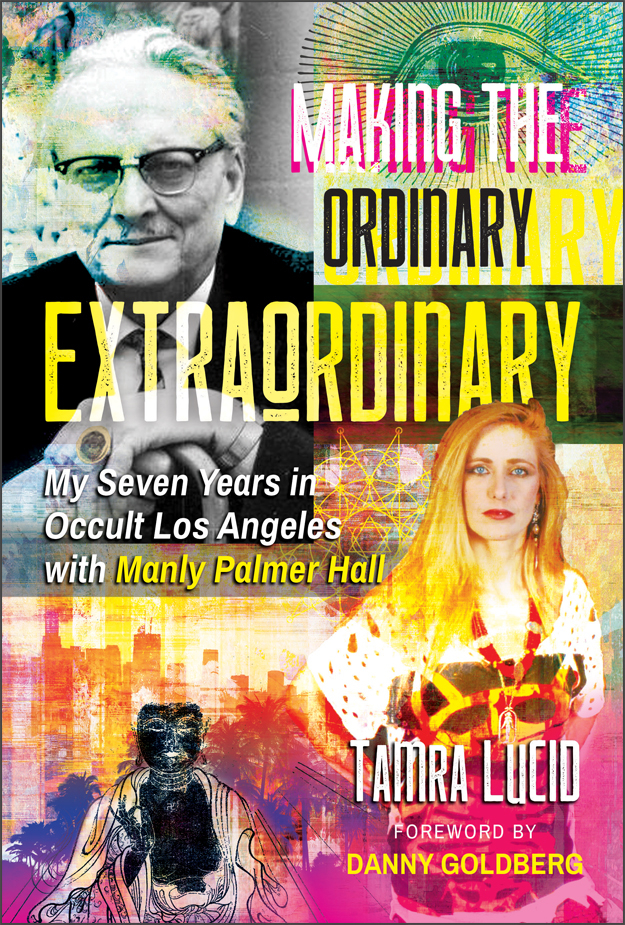 |
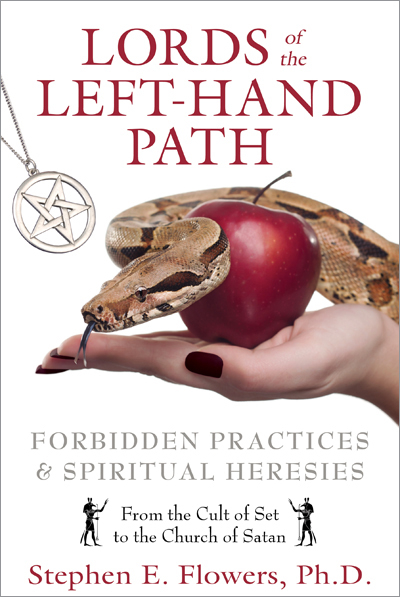 |
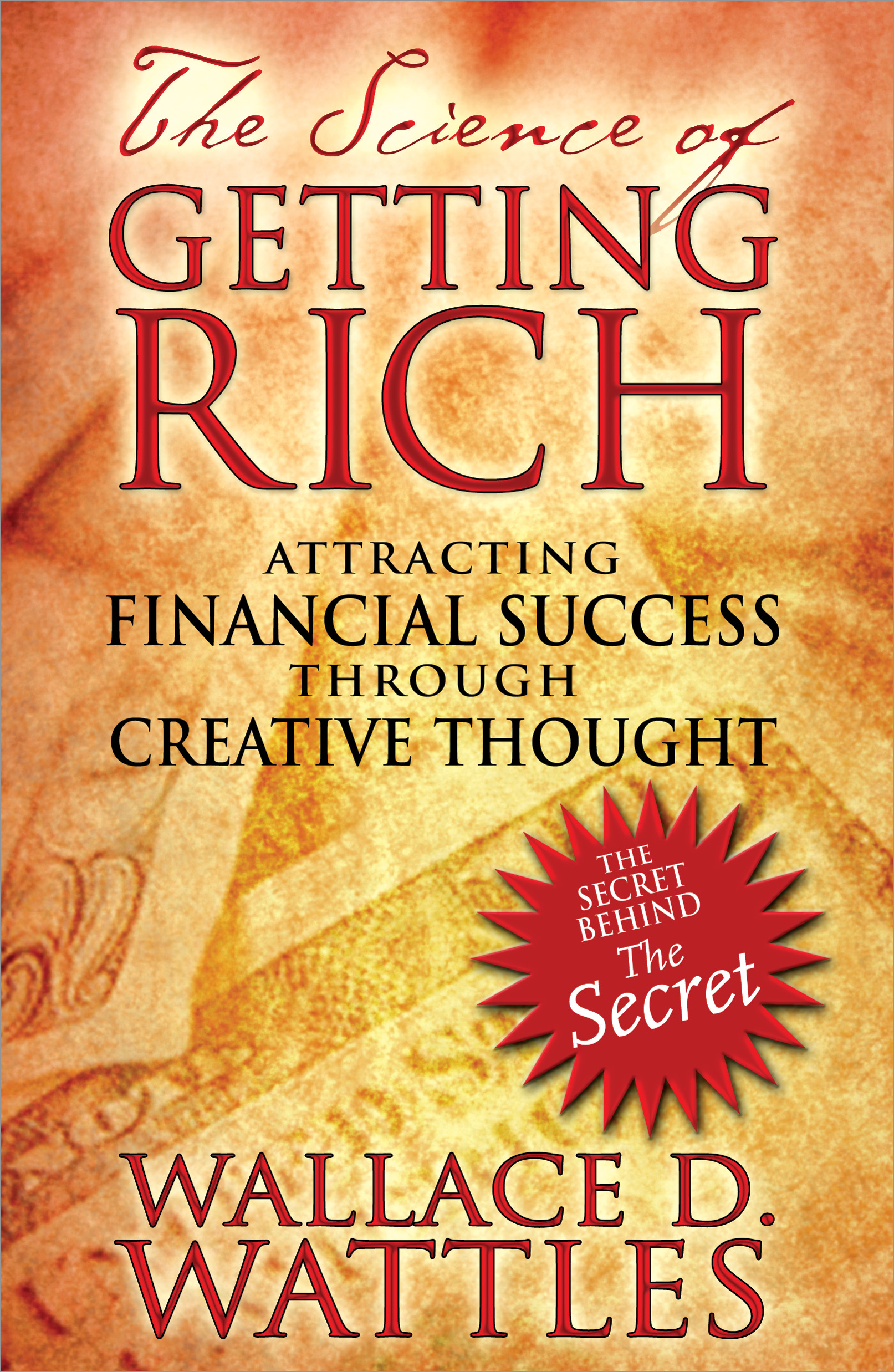 |


